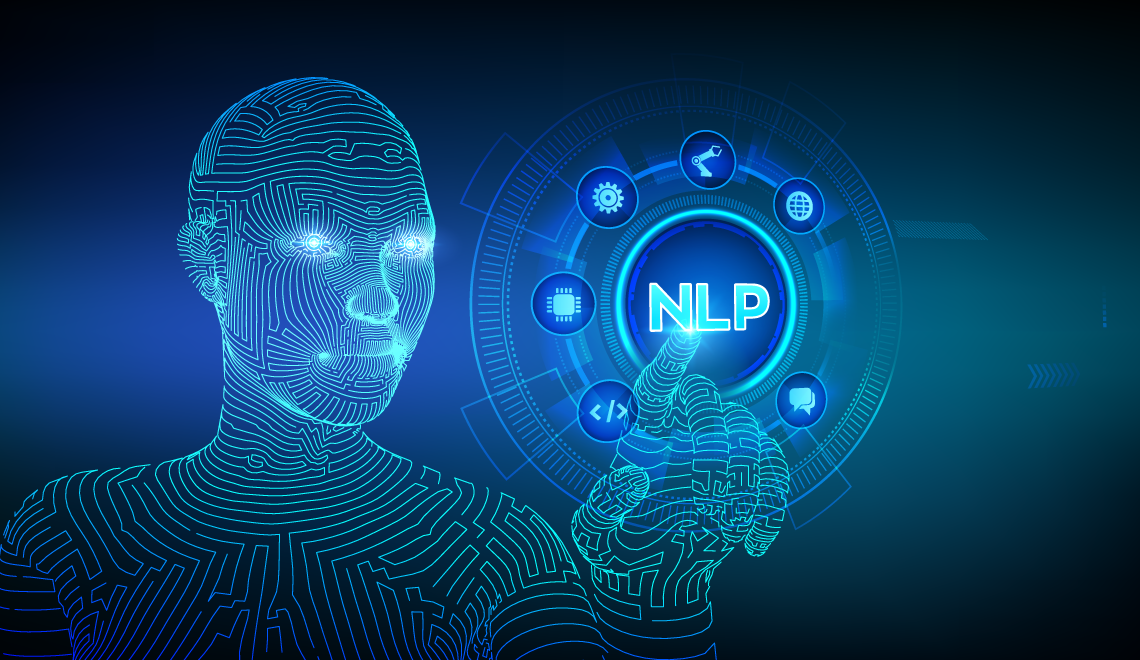
AI’s Cutting-Edge Advancements in Natural Language ProcessingAI’s Cutting-Edge Advancements in Natural Language Processing Natural language processing (NLP) has emerged as a pivotal area in artificial intelligence (AI), enabling machines to comprehend and generate human language. Recent advancements have propelled NLP capabilities to new heights, transforming our interactions with technology. Advanced Language Models Transformers and BERT-based models have revolutionized NLP. These models, such as GPT-3 and BLOOM, boast vast language datasets and can perform a wide range of language-related tasks, including: * Text Generation: Creating coherent and grammatically correct text from scratch * Machine Translation: Translating text between different languages with unprecedented accuracy * Question Answering: Providing relevant answers to questions based on a given context Enhanced Machine Translation NLP advancements have significantly improved machine translation quality. Models trained on massive datasets can translate complex and colloquial language accurately, enabling seamless cross-language communication. Conversational AI NLP has empowered chatbots and virtual assistants to engage in natural and intuitive conversations with humans. These AI-powered systems can understand user intent, generate appropriate responses, and even demonstrate empathy. Sentiment Analysis and Emotion Recognition NLP models can now analyze text to detect the sentiment (positive, negative, or neutral) expressed. They can also recognize emotions, providing insights into how humans perceive and communicate. Text Summarization and Abstraction AI can summarize large amounts of text, extracting key points while maintaining context. Abstractive summarization techniques generate concise and informative summaries, while extractive methods select relevant sentences. Medical and Legal Applications NLP has made significant progress in assisting healthcare and legal professionals. Models can analyze medical records, identify patterns, and assist in diagnosis. In the legal domain, NLP tools can help review contracts, identify key terms, and predict case outcomes. Challenges and Future Directions While NLP has made remarkable strides, challenges remain. These include overcoming biases, improving generalization capabilities, and enhancing robustness to adversarial inputs. Future advancements will focus on: * Multimodal Learning: Integrating NLP with other AI modalities, such as computer vision and speech recognition * Explainable NLP: Developing models that can explain their predictions and make them more transparent * Ethical Considerations: Ensuring responsible use of NLP technologies to mitigate potential biases and negative impacts Conclusion AI’s cutting-edge advancements in natural language processing have transformed our ability to interact with technology and extract insights from text. As NLP continues to evolve, we can expect even more groundbreaking applications that will revolutionize industries and improve human experiences.
Posted inNews